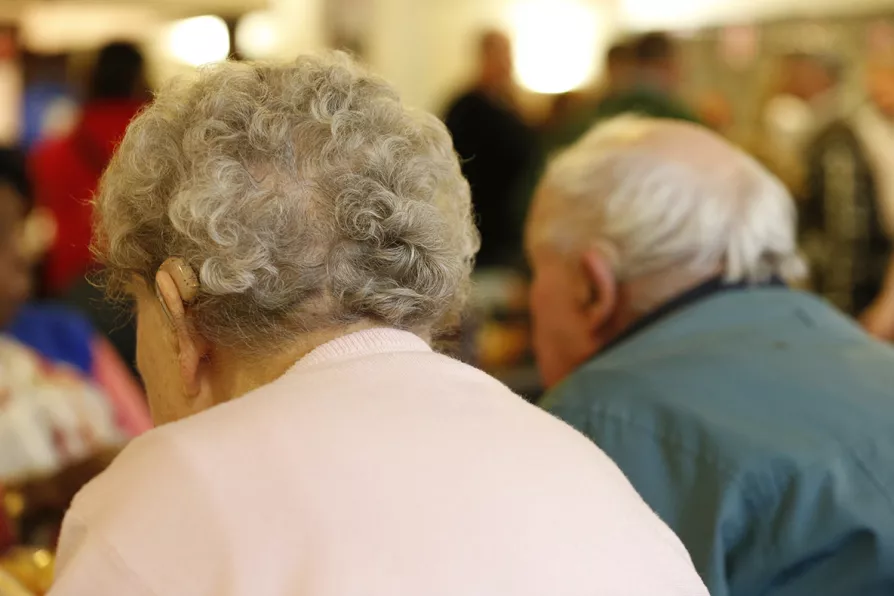Older people less likely to seek mental health support due to stigma and agism

 Older people at a charity tea party in London, February 24, 2014
Older people at a charity tea party in London, February 24, 2014
OLDER people are less likely to seek mental health support due to stigma and ageist attitudes in healthcare, a new report warned today.
The International Longevity Centre UK (ILC) found that discrimination and “generational taboos” prevent many older people from accessing the care they need.
According to the report, some clinicians assume that depression is an inevitable part of ageing and therefore harder to treat.
Similar stories

JOHN GREEN explores the argument that psychiatry needs to move away from the idea of just seeing and treating the individual













